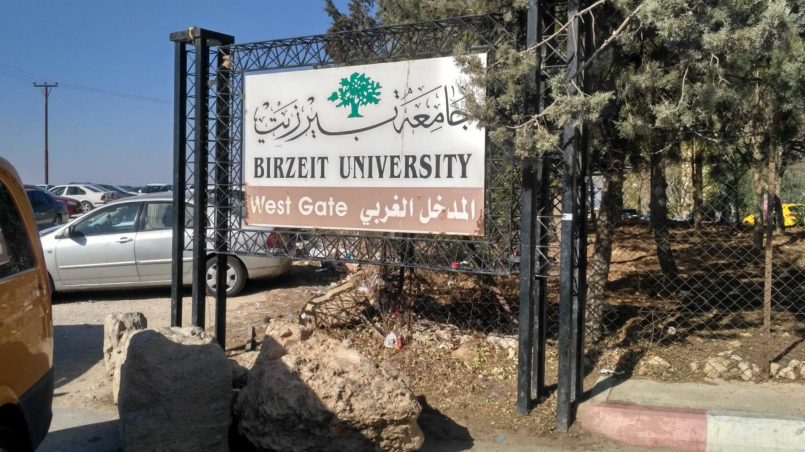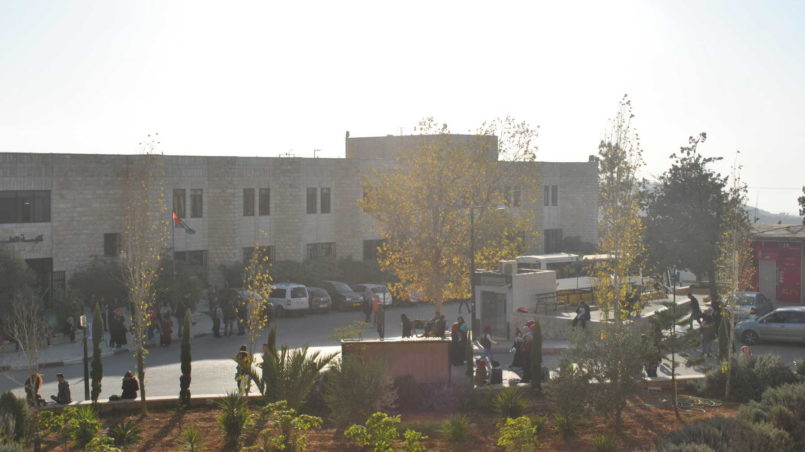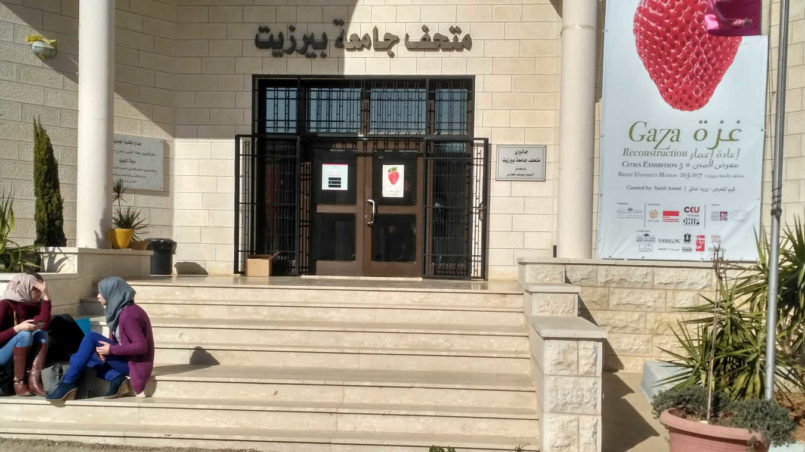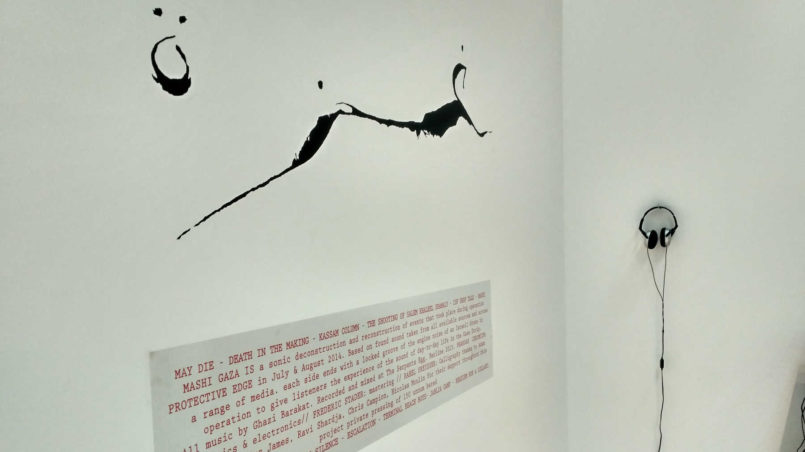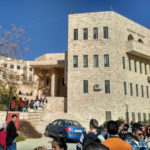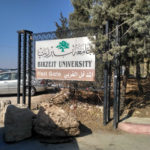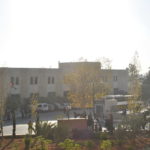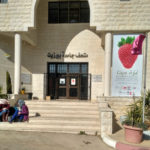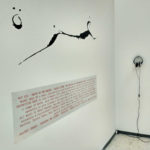Education Under Occupation
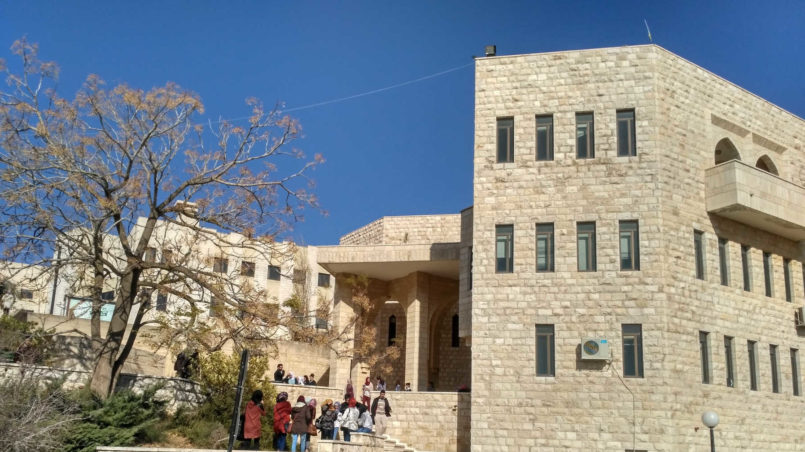
Palestine has the highest percentage in terms of enrolment in educational institutions in the Arab world. In fact, Palestine has a very low illiteracy rate compared to other Arab countries. Notwithstanding the fact that Palestinians face extremely harsh political and economic circumstances under the Israeli occupation, they have succeeded to a considerable extent in combating illiteracy.
The zeal for education amongst the Palestinians reflects their in-depth understanding of the famous quote of Confucius,
Education breeds confidence. Confidence breeds hope. Hope breeds peace.
Education is considered and used as a very potent tool by the Palestinians. Education has not only helped them to mobilize support for their struggle in various ways but has also helped them to counter Israeli narratives regarding the latter’s claim over the disputed land.
Israeli occupation and its erratic policies in the name of security has led to many obstacles for the Palestinians. Such erratic policies formulated and implemented in the name of security are well-orchestrated plans to weaken Palestinian resolve and thus demotivate them in every aspect of life. Thus it is increasingly seen that Israel’s policy has been to derail the whole progress made in terms of education by creating as many hurdles as possible.
Such hurdles are the checkpoints and the apartheid wall which segregates the Palestinian territories and makes physical access to educational institution a Herculean task for Palestinian students on an everyday basis; as well as various Israeli policies which attempt to paralyze and make obsolete educational programs initiated by the Palestinian Ministry of Education and Higher Education.
The organizers of the youth camp facilitated our interaction with Palestinian university students and professors from different Palestinian universities. Visits were organized to some universities: Birzeit University, An-Najah National University and Arab American University.
Birzeit University is located in Birzeit, near Ramallah. A seminar was conducted for us where different the participants of the youth camp by the University professors and students. Different issues regarding higher education in an occupied territory were discussed in the seminar.
One of the concerns that most students talked about was the difficulty they face on a regular basis in reaching the university from their homes. Checkpoints and other impediments instituted by the Israeli military authority in the West Bank lead to a loss of a considerable amount of time spent travelling. In fact, students who travel from their homes very often fail to actually reach the university due to frequent Israeli blockades and denial of permission to cross checkpoints.
They complained that such impediments hamper their education to a considerable extent. I was really impressed when one student acknowledged that their primary challenge as a student is to refuse to give up and to complete their higher education in the best possible manner under such debilitating circumstances.
Professors of the university similarly narrated their experiences in overcoming the various hurdles they face in imparting quality education to their students. The detention of professors by the Israeli army is not a new phenomenon in Palestine. Such detention also thwarts the educational process in the universities.
At times, universities are completely shut down by the Israeli army on the pretext that the universities are nests of anti-Israeli violence. Birzeit University was, in fact, closed from 1988 till 1992 by the Israeli army.
After the seminar was over, we had a tour of the university and also got the chance to view an exhibition organized by the students on the Gaza Reconstruction.
The other university I got to visit in the West Bank was the Al-Najah National University in Nablus. Some of the participants of the youth camp visited Jenin the same day and thus they got to visit the Arab American University.
There was a small museum with a collection of Palestinian artifacts, old documents from pre-1948 periods, as well as traditional Palestinian costumes. One of the faculty members from the university accompanied us and gave us much information regarding those artifacts and documents. We had a tour of the university and then had a possibility to talk with a few students from the university.
Visiting the universities in Palestine was a learning experience for me. It was motivating to find the zeal amongst the Palestinian youth and the professors for education. They have been fighting all odds to learn and grow in life. There is no guarantee of employment once they complete their higher education. They are well aware of this fact but still their desire to obtain higher education is commendable.
Palestine’s top position amongst all Arab countries in terms of literacy rate testifies to the strong conviction amongst Palestinians regarding the importance of education in their national struggle for independence as well as a way to grow and develop in life.

